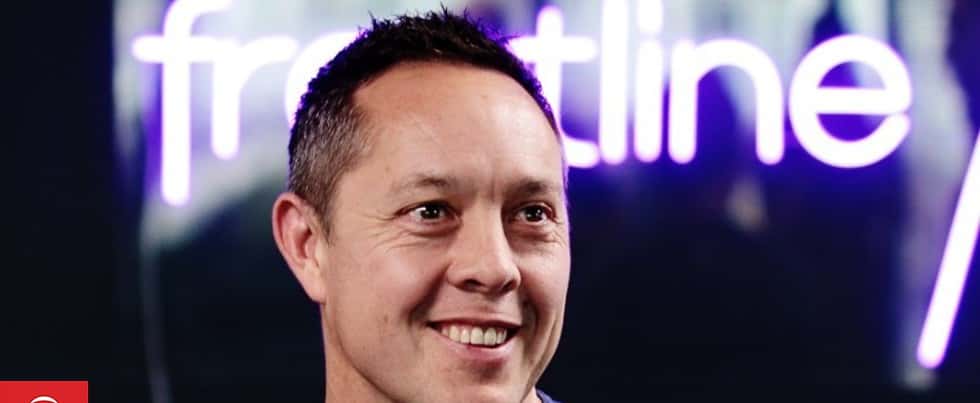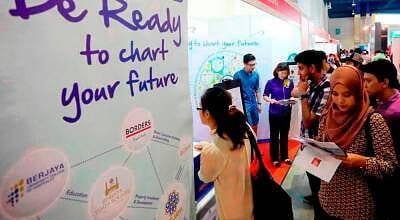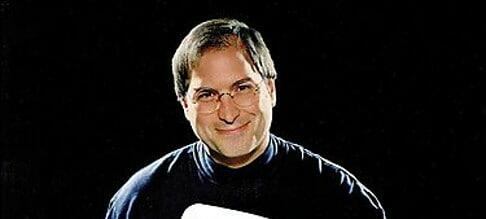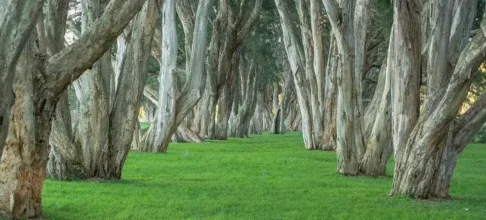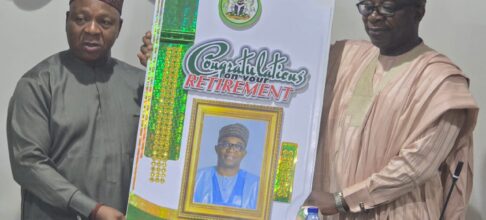Navigation for News Categories
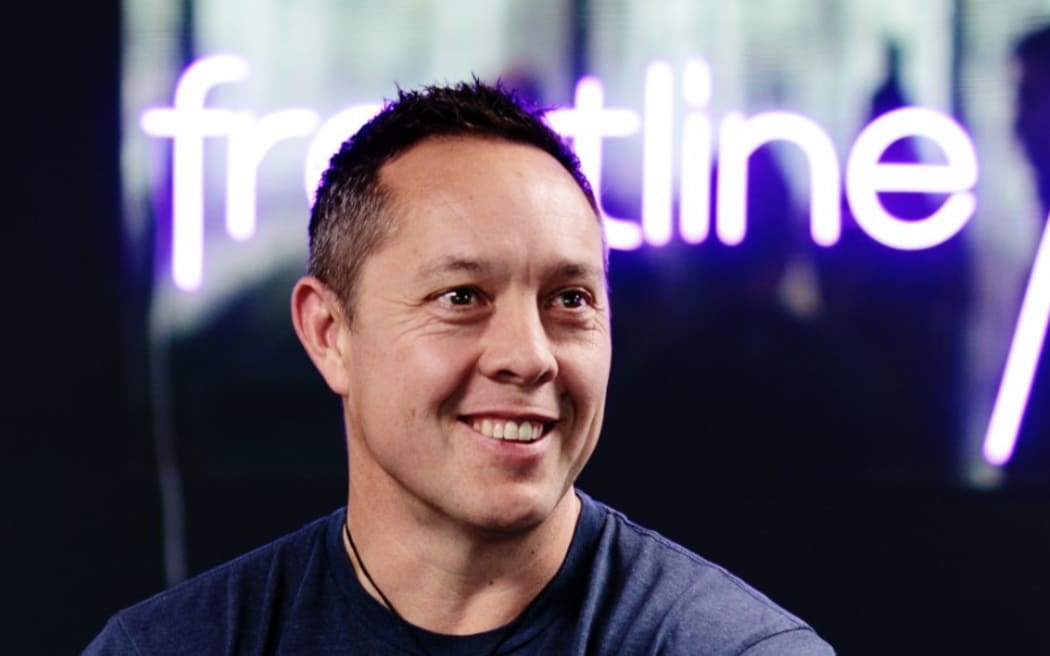 Aaron Ward. Photo: Suplied
Aaron Ward. Photo: SupliedOne of the few Māori working in the tech industry believes tangata whenua could help combat a pressing shortage of staff in Aotearoa. Despite Māori comprising 17 percent of the population, they make up only 4 percent of the technology workforce. One of them, Aaron Ward (Ngāti Maru), is the co-founder of AskNicely, which provides customer feedback software to global companies. He says there's a challenge for companies to recruit enough skilled talent to the industry and getting more Māori into the workforce is a massive opportunity to make Aotearoa's tech sector, one of its largest exports, among the best in the world. "[There is] a massive opportunity for us to grow our export sector, but of course it's limited by how many people we can get into the [industry]. "I think right now, if we want to grow, we really only have two choices: do we import skilled people from overseas or do we grow them here in New Zealand? And of course, I'm a fan of growing our own talent." Ward says the lack of Māori in the industry underscores systemic issues, but also shows plenty of room for growth. The challenge now for tech companies is how to attract young Māori into a tech career. "The main challenge for Māori - when 96 percent of the people you know don't work in technology - is how do we help build awareness that there is a viable and really lucrative path available to them in technology? Because you can't be what you can't see." Ward said at the heart of the technology business was looking for new ways to solve problems - and this explorer mindset is a perspective that Māori can easily bring to the industry. "One of the challenges that we have in New Zealand is that when we're young [and] we score a try on the rugby field, we're told to not make a big deal about that. You know - hang your head all the way back to halfway, because that's not your try; that's a team try. "One of the things I think we can do better is really showcase and celebrate the examples of people who are doing really well inside technology and spread those stories, so that they have the chance of inspiring that next generation of youth to think about technology as a viable career option." Ward said having more Māori on board would not only strengthen tech businesses - it would also keep Māori communities better informed of the concerns, challenges and opportunities that technology brings. "It's really hard to predict the future, [but] what we know is that technology is going to play a massive role in that.
"So to the extent that is a positive thing or a challenging thing for the next generation, the need is to be at the table and have a voice and influence over how these technologies evolve."
Get the RNZ app
for ad-free news and current affairs




